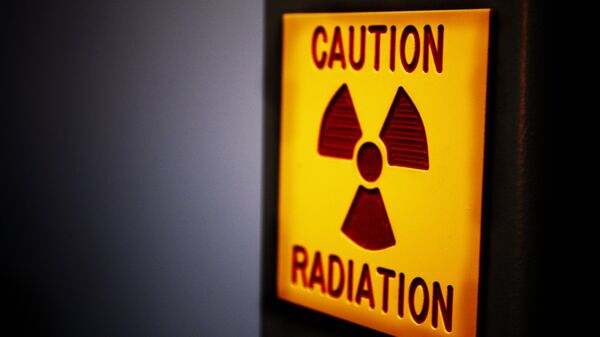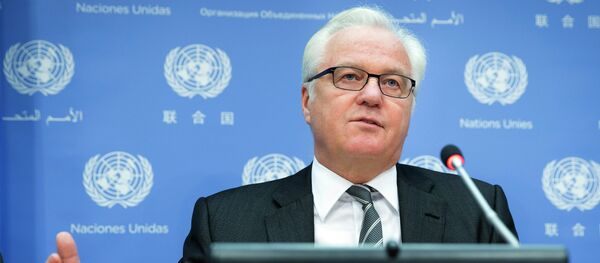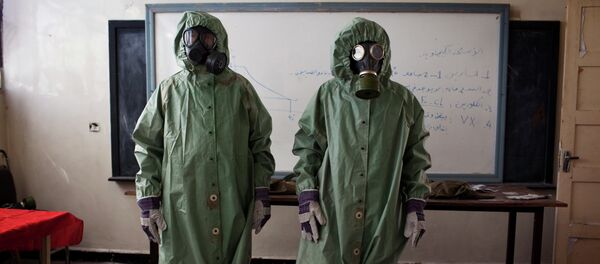The policemen acted together with FBI agents to catch the criminals during a spate of sting operations in Moldova, a former Soviet republic located between Romania and Ukraine.
The most recent such case came in February 2015, when undercover agents were offered a large amount of radioactive cesium in order to make a so-called dirty bomb.
"We can expect more of these cases. As long as the smugglers think they can make big money without getting caught, they will keep doing it," Moldovan police officer Constantin Malic was quoted by the Associated Press as saying.
Although in most cases police interrupted the deals in their early stages, the ringleaders managed to escape, possibly with their nuclear contraband.
The 2010 case saw the arrest of at least three people who were involved in a deal to sell a sawn-off piece of a depleted uranium cylinder. In 2011, police thwarted a deal to sell weapons-grade uranium to a potential buyer in Sudan.
I added a video to a @YouTube playlist http://t.co/uw9DqtaEif Moldova police Blows Door arrest seven suspected uranium smugglers
— Samuel Ezerzer (@moneybusinessAM) 16 января 2015
And last year saw an unsuccessful attempt by middlemen to sell a sample of unenriched uranium for 15,000 dollars.
Right now, the jihadist group has in its possession chemicals it seized from labs and hospitals, chemicals that normally would only be made available to governments, according to Australian Foreign Minister Julie Bishop.
A dirty bomb is a radiological weapon that combines radioactive material with conventional explosives. It is designed to disperse radioactive material over a large area.




